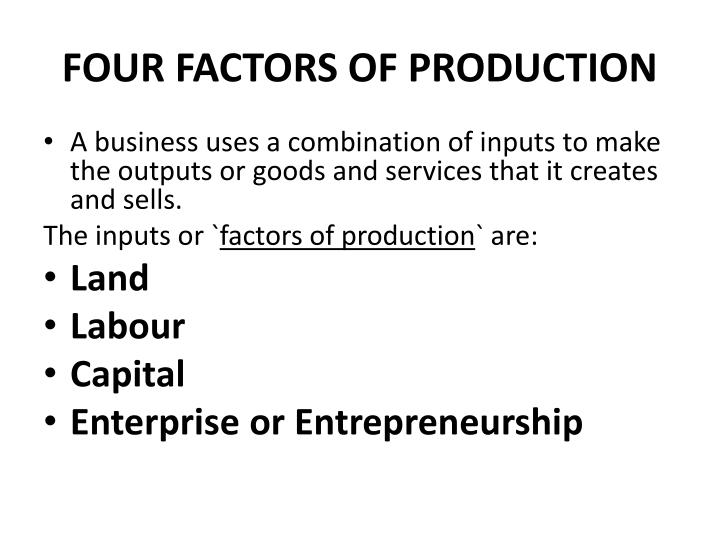
In the Trade Triangle, European factories were fed with resources from North and South America. For example, the Trade Triangle developed in the Atlantic Ocean during this time. First, the colonies created during the Age of Imperialism supplied the European countries with large amounts of raw materials that could then be used to produce goods in the factories. Regardless, European imperialism was vital to the start of the Industrial Revolution (especially in Britain) for several reasons. As a result, historians often view the Industrial Revolution as a cause of the later stages of the Age of Imperialism. For instance, Africa wasn’t colonized until the late 19th century and early 20th century. Other areas of the world were taken over in the centuries that followed. For example, European nations began colonizing North and South America in the 15th century, beginning with Christopher Columbus’ famous four voyages to the New World. In general, the Age of Imperialism occurred prior to and during the rise of industrialization. During this period of time, which historians refer to as the Age of Imperialism, large sections of the world came under European control, including: North America, South America, Africa, Indian, Australia, and China. Following the Age of Exploration, powerful European countries (Britain, France, Spain, Portugal, Germany, Belgium, etc.) undertook large imperial campaigns in order to create vast empires. Imperialism is generally defined as when one nation controls another’s region through military, political or economic control. While not directly a cause of the start of the Industrial Revolution, imperialism as a concept was linked with the growth of industrialization. The next major factor that helped the development of the Industrial Revolution was the impact of European Imperialism. Furthermore, as the Industrial Revolution began the individualistic principles of capitalism helped create a climate wherein industrialization exploded, and eventually spread worldwide. This investment from individuals, whose actions were guided by the profit motive, would not have been possible without the emergence of capitalism.


For example, in Britain, where the Industrial Revolution began, wealthy entrepreneurs were important because they used their wealth to create factories and mines. Capitalism caused the Industrial Revolution because industrialization required significant work and investment from individuals and not necessarily the government. Simply put, the invisible hand is the idea that the market forces of supply and demand should drive the economy of a country. Smith argued against mercantilism and government control of the economy and instead proposed the idea of the ‘invisible hand’. In the book, he challenged the role of the government in economics. Adam Smith was the famous Scottish writer and economist who is credited with laying the foundation for capitalist theory in his 1776 book titled ‘Wealth of Nations’.


 0 kommentar(er)
0 kommentar(er)
